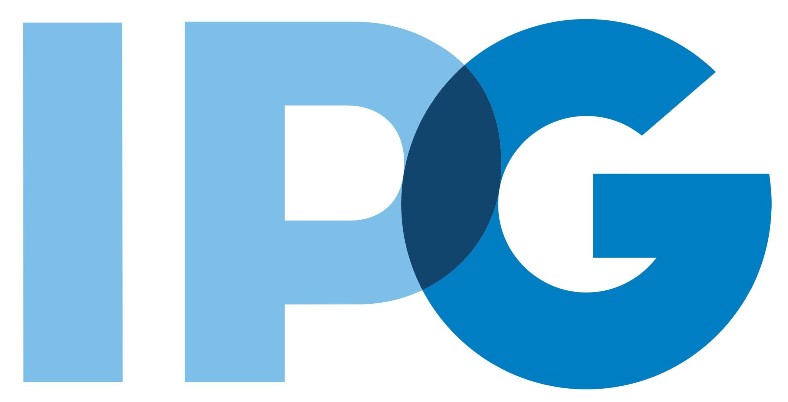
Interpublic Group (IPG) has ended 2015 with a boost in total organic revenue, beating the expectations in the fourth quarter. IPG is currently the third largest advertising company in the world and its portfolio include McCann Worldgroup, FCB, Mediabrands and Weber Shandwick among others.
In 2015, IPG comfortably crossed the forecasts for its earnings. Revenue for Q4 was recorded to be USD 2.19 million with a healthy organic growth that was recorded to be 5.2 percent. This resulted in an annual organic growth of 6.1 percent, with a net income of USD 480.5 million. Though these numbers were less than those compared to 2014, IPG did achieve a net positive earnings of 30 percent in the past four quarters and also saw its annual revenue reach USD 7.1 billion, one percent higher than the previous year.

The past year also saw IPG grow organically in every major region of the world, and across nearly all major agencies and client sectors. “From every perspective, 2015 was a very successful year, with notable accomplishments in the marketplace and strong financial results. However, increased macro uncertainty and market volatility will lead us to approach 2016 with an appropriate degree of caution. This is true most clearly in Brazil, but also with respect to markets such as Continental Europe and the Middle East. There is also the potential for slowing in China. The currency environment remains volatile, which could have negative effects on client spending,” said Michael Roth, Chairman and CEO, IPG.
The company is currently targeting organic growth of 3 percent to 4 percent in 2016 and an additional 50 basis points or more of margin improvement. “I think our clients have the money to spend and they will do that. But they do have an element of caution. That’s why we’re not expecting 6 percent growth. We’re forecasting 3 percent to 4 percent,” said Mr Roth.
Overall, despite the excessive competition for ad dollars and the currency conversions reducing the net income margins, IPG has fared much better than general expectations. This has been, to a large extent, made possible because of the multiple interdisciplinary approach that IPG harbors for its clients.




